Description
Furosemide is a powerful diuretic medication commonly used to reduce excess fluid in the body caused by conditions such as heart failure, kidney disease, and cirrhosis of the liver. By promoting the production of urine, it helps to alleviate the symptoms of fluid overload, such as shortness of breath and swelling in the limbs (edema). Furosemide is part of the loop diuretic class, which works on the loop of Henle in the kidney to inhibit the reabsorption of sodium and chloride.

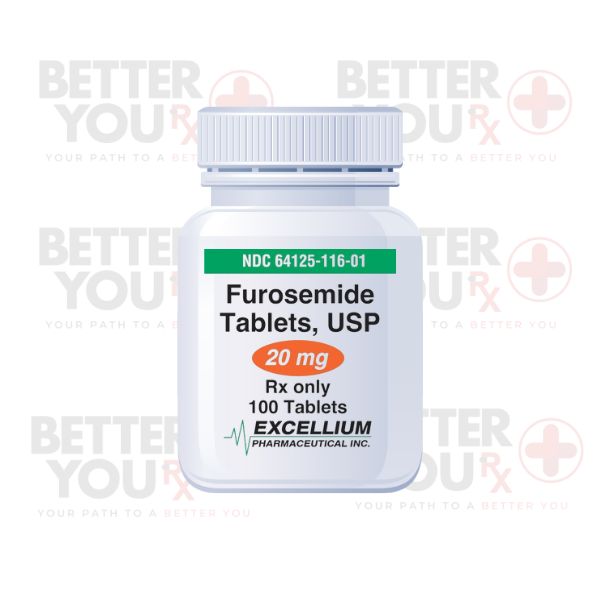
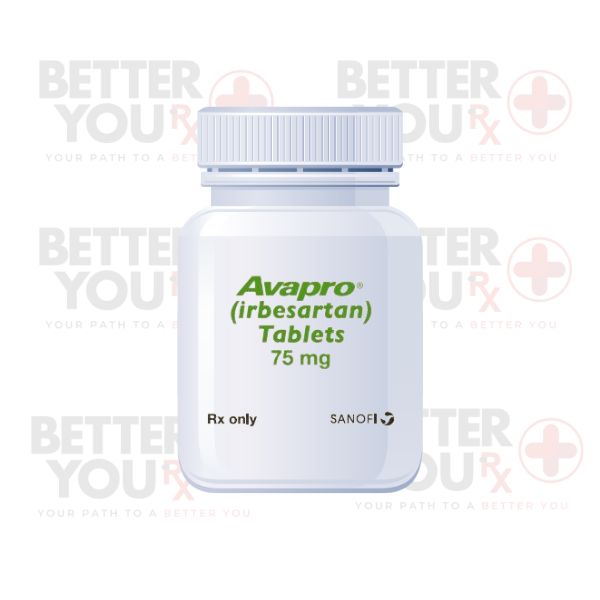
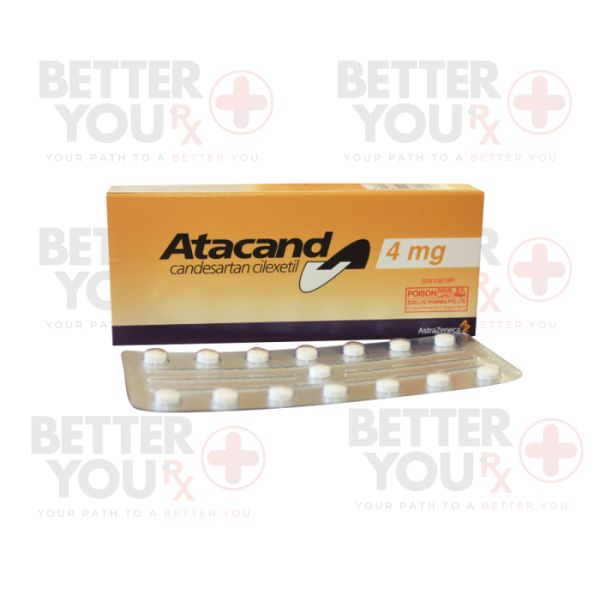

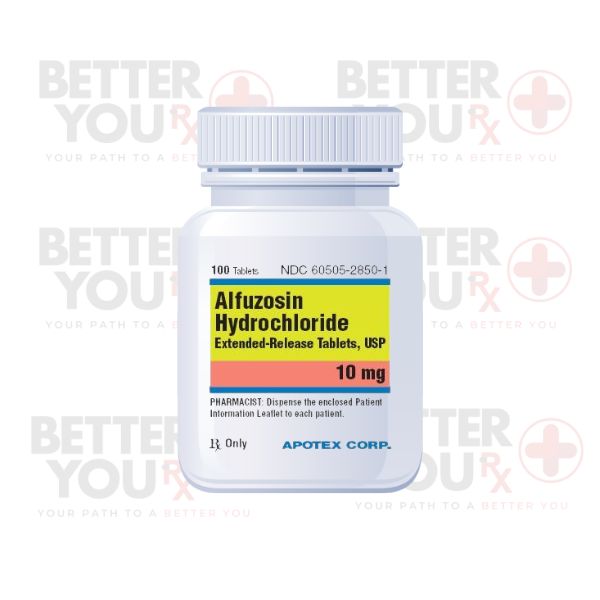
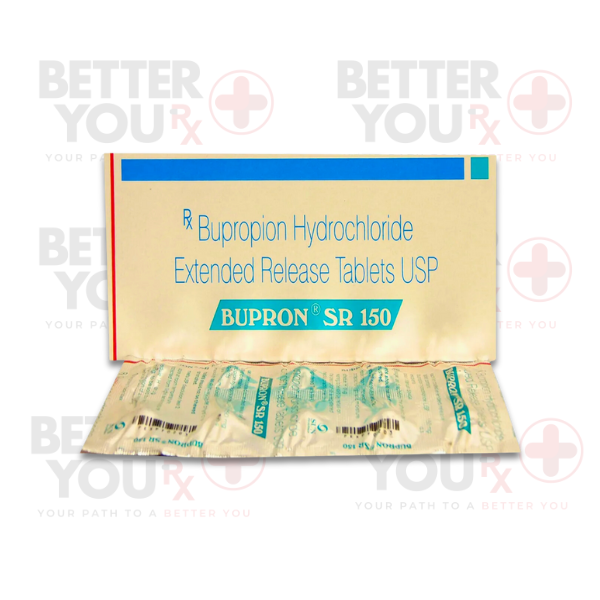
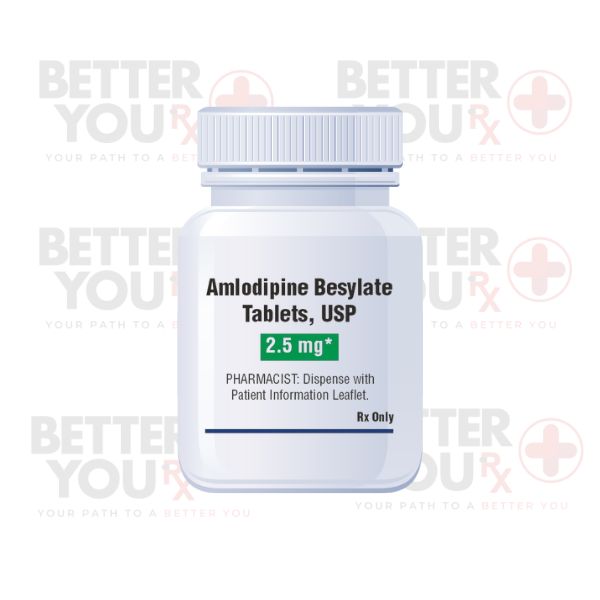
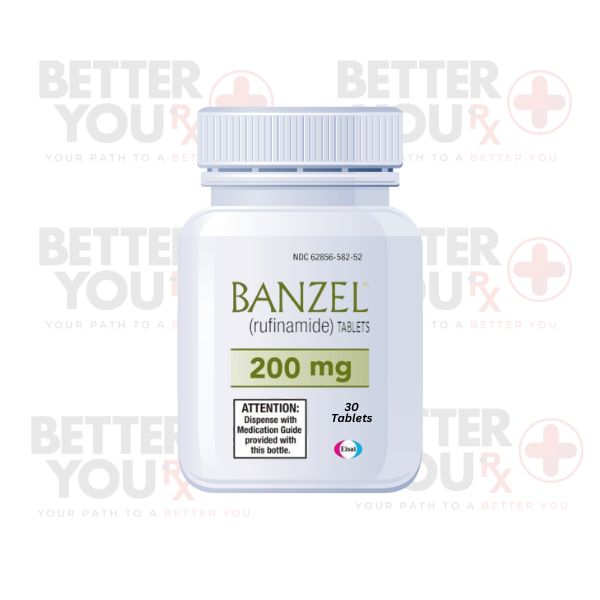

Reviews
There are no reviews yet.